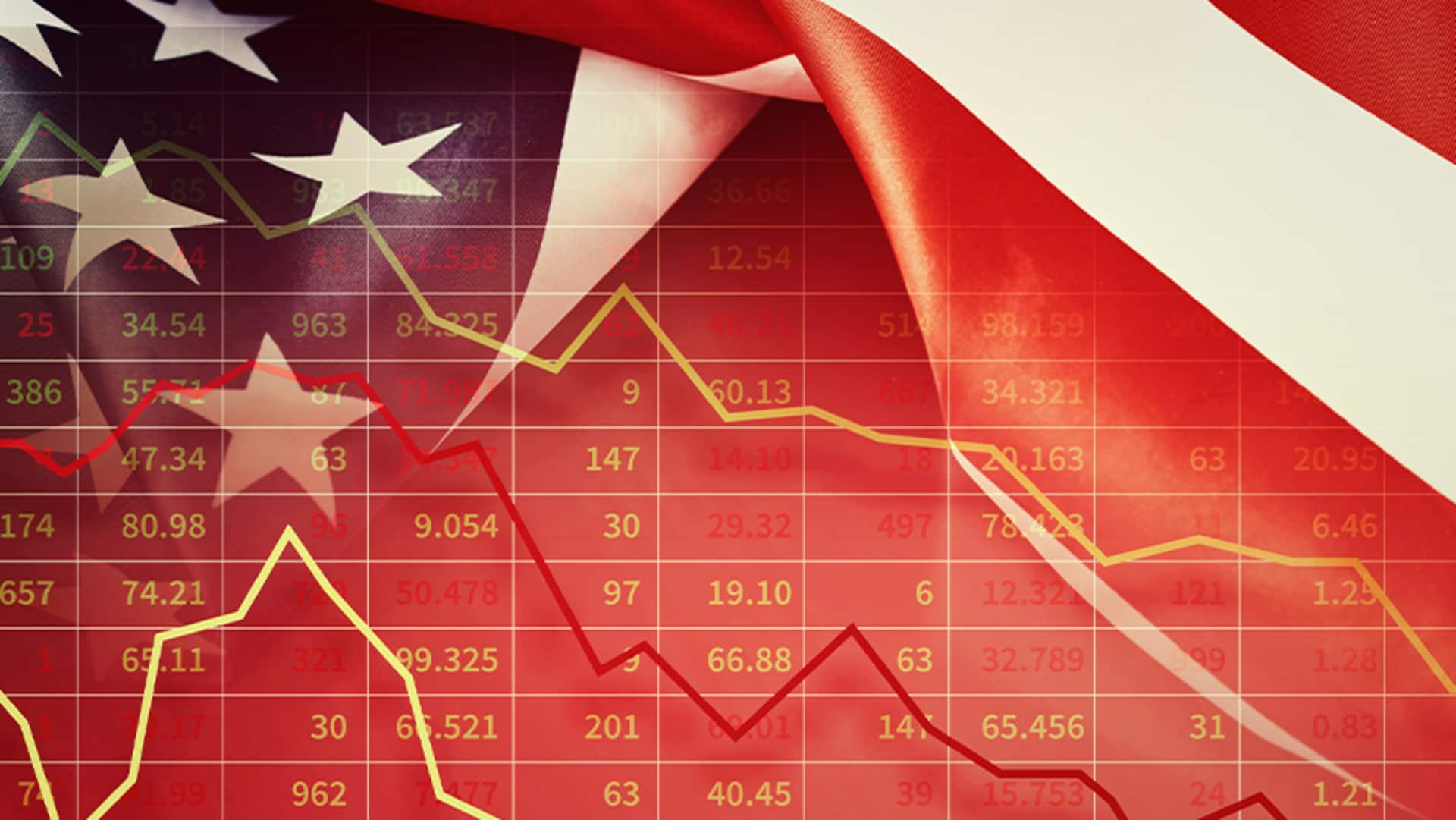
Is US slipping into recession? These red flags suggest so
What's the story
In recent months, the economic landscape in the United States (US) has presented a mixed bag of signals, leaving many pondering the possibility of a looming recession. While inflation has shown a consistent downward trend, interest rates have reportedly surged to levels not seen in two decades. Here are five key factors contributing to the growing likelihood of a recession in the US.
Details
High interest rates remain a worry
As of Tuesday (October 3), the current interest rate in the US is 5.5%. The Federal Reserve sets the target range for the federal funds rate to manage the money supply and inflation. While necessary to control rising prices, higher interest rates can hinder economic growth and corporate earnings, potentially pushing the US closer to recession.
Reason
Yield curve inversion
One major indicator that has caught the attention of investors and economists is the yield curve inversion. When the yield on short-term bonds surpasses that of long-term bonds, it often signals an impending recession. The yield curve inversion observed since mid-2022 has raised concerns about the US economy's health. Historically, such inversions have often preceded recessions within 18 months.
Global landscape
Global economic challenges
The global economic landscape is interconnected, and disruptions in major economies can have a cascading effect. Concerns about a real-estate crisis in China and contracting lending in the eurozone have raised worries about a potential global slowdown. Given the interdependence of economies, a global downturn can have adverse repercussions on the US economy, potentially pushing it toward recession.
Stability
Threats to economic stability in US
The US economy faces several imminent threats. The ongoing United Auto Workers (UAW) strike against the "Big Three" automakers—Ford, Stellantis, and General Motors—could have serious economic impacts. Moreover, the return of student loan repayments after a pandemic freeze of three-and-a-half years and the rise in oil prices due to production cuts by major oil-producing countries are also worrisome factors to consider.
Shutdown?
Government shutdown risk
The possibility of a government shutdown looms as the US Congress deals with short-term funding bills. A prolonged shutdown could significantly impact the fourth-quarter GDP growth. Bloomberg Economics estimates that each week of shutdown takes about 0.2 percentage points off annualized GDP growth, and the effects are not fully recoverable once the government reopens.
What Next?
US recession's impact on Indian economy
In the 2008 Lehman Brothers crisis, India wasn't as reliant on the US economy, so it didn't feel the negative effects as much. Today, the US is India's largest trading partner, with trade between the two countries reaching a record $157 billion in 2021. This means that if there is a recession in the US, it is likely to impact the Indian economy negatively.